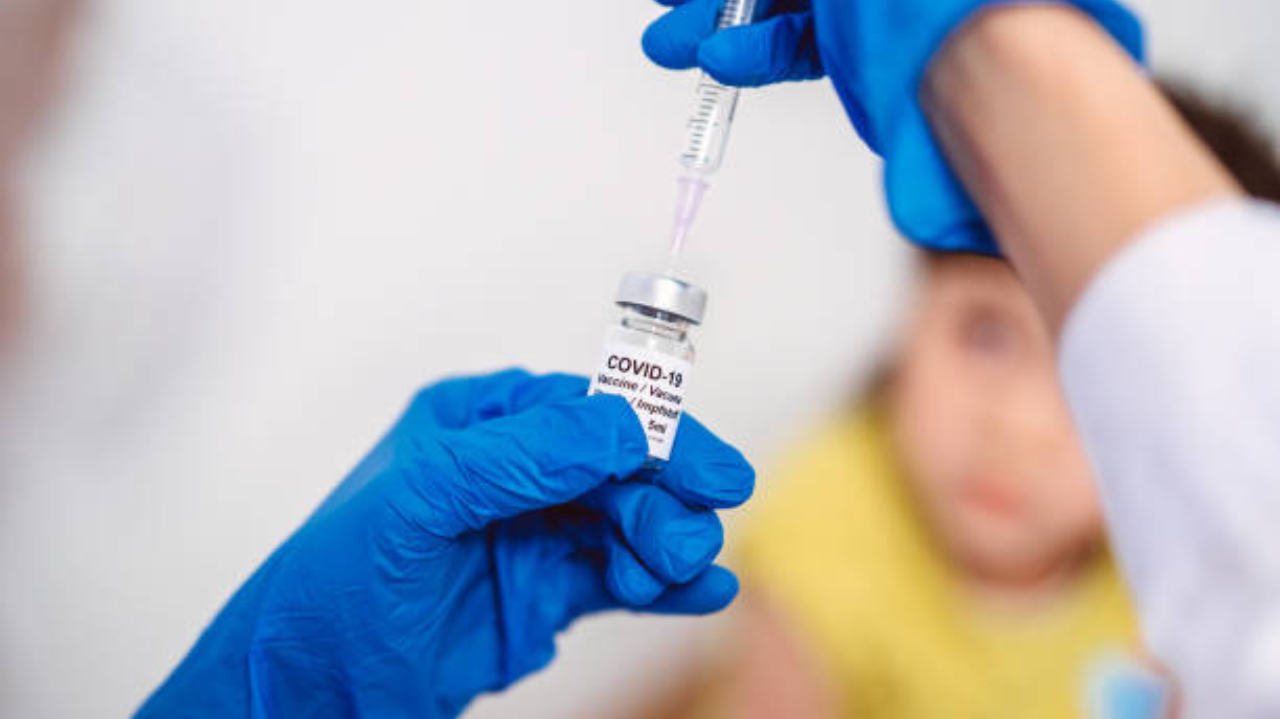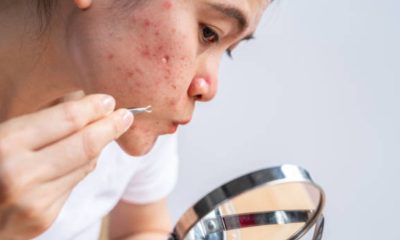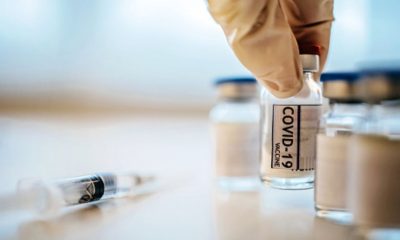Follow Us @
Why some people get COVID-19 and others don't
– how to remain healthy, health related news, latest symptoms and treatments.
University College London, the Wellcome Sanger Institute and Imperial College London conducted a controlled study exposing volunteers to SARS-CoV-2 in order to resolve a doubt that arose during the pandemic where many people questioned why some people did not catch COVID-19 while others caught it more than once.
In search of answers
In a study recently published in the journal Nature, 16 healthy, unvaccinated volunteers were experimentally exposed to SARS-CoV-2 via a nasal spray and monitored under strict quarantine. Using advanced single-cell sequencing technology, the samples analyzed included tissue from the nose and throat, as well as blood samples collected before and after exposure to the virus.
Tests carried out show a possible marker of protection against severe forms of COVID-19 (Photo: reproduction/Jane Barlow – WPA Pool/Getty Images Embed)
We identified three distinct patterns of response to infection: six of the 16 volunteers developed mild COVID-19 with cold-like symptoms and positive tests for several days, three had transient infections with intermittent viral tests and mild symptoms, but seven volunteers showed aborted infections, with no symptoms or positive tests detected. Surprisingly, we observed that the antiviral immune response, measured by interferon, was first detected in the blood before appearing in the nose in cases of transient infection, suggesting a rapid spread of the immune response from the initial site of viral exposure.
In search of protection
We identified the HLA-DQA2 gene, expressed at higher levels in volunteers who did not develop sustained infection, suggesting it is a potential marker of protection against severe forms of COVID-19. These findings provide important insights into early immune responses to the virus, essential for future research and public health strategies. Our research, which identified the HLA-DQA2 gene as a potential marker of protection against severe forms of COVID-19, will now be compared with current studies that challenge volunteers with different strains of the virus.
These new studies mainly include vaccinated or previously immune people, offering crucial insights for the development of more effective treatments and vaccines against future pandemics. Marko Nikolic is a senior researcher in respiratory medicine at University College London, and Kaylee Worlock is a postdoctoral researcher in molecular and cellular biology at the same institution. Their research is crucial for advances in diagnostics and therapies for respiratory diseases, contributing significantly to global respiratory health. This text was originally published on The Conversation Brasil website.
Featured photo: vaccinated people or those with prior immunity, offering crucial insights for the development of more effective treatments and vaccines (reproduction/Tang Ming Tung/Getty Images Embed)
Why some people get COVID-19 and others don't
Follow AFRILATEST on Google News and receive alerts for the main news about celebrities, soap operas, series, entertainment and more! Why some people get COVID-19 and others don't
SHARE POST AND EARN REWARDS:
Join our Audience reward campaign and make money reading articles, shares, likes and comment >> Join reward Program
FIRST TIME REACTIONS:
Be the first to leave us a comment – Why some people get COVID-19 and others don't
, down the comment section. click allow to follow this topic and get firsthand daily updates.
JOIN US ON OUR SOCIAL MEDIA: << FACEBOOK >> | << WHATSAPP >> | << TELEGRAM >> | << TWITTER >
Why some people get COVID-19 and others don't
#people #COVID19 #don39t
-
Sports3 months ago
Max Verstappen questions accusation of coup three years ago in the F1 final
-
Football3 months ago
Important player is no longer part of Abel Ferreira's plans
-
Beauty3 months ago
Dr. Victor Gebrim performs rhinoplasty on participant Michelle Heiden, from the reality show “Grande Conquista”
-
Sports3 months ago
Atalanta are defeated by Liverpool, but qualify for the Europa League semi-finals
-
Black Celebrities3 months ago
Malu Galli publishes year-end video with Débora Bloch and Drica Moraes
-
Football3 months ago
On penalties, Olympique beats Benfica with a stellar goalkeeping night
-
News3 months ago
Petrobras' executive president denies changes to fuel prices
-
Fashion3 months ago
Vogue Arabia cover welcomes Salma Hayek in an interview with Penélope Cruz














































